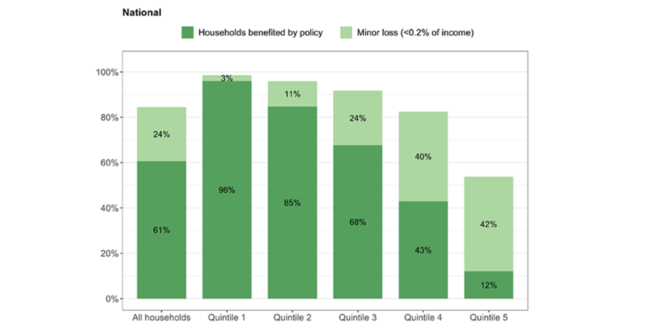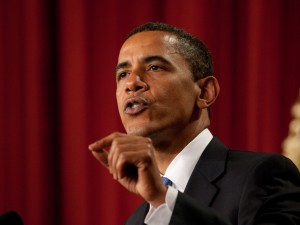FOR IMMEDIATE RELEASE
New study finds big economic benefits from Deutch carbon pricing bill
WASHINGTON, D.C., SEPT. 3, 2020 — This week, Citizens’ Climate Lobby released a working paper that projects the majority of U.S. households will benefit financially under the Energy Innovation and Carbon Dividend Act of 2019 (H.R. 763). The legislation, which is sponsored by Rep. Ted Deutch (D-FL-22), has 82 cosponsors.
The working paper, referred to as the “2020 Household Impact Study,” was written by independent researcher Kevin Ummel, a Research Affiliate at the University of Pennsylvania and President of Greenspace Analytics. His analysis uses the most recent available economic and emissions data to assess the financial impacts of the Energy Innovation Act’s carbon price and monthly dividend, finding major benefits for America’s poorest households.
“The findings confirm the value of this ambitious carbon pricing policy,” said Dr. Danny Richter, CCL’s Vice President of Government Affairs. “The Energy Innovation Act is a great tool for cutting carbon emissions, and it can achieve those reductions while protecting the economic well-being of American families.”
A few highlights from the study:
- 61 percent of households and 68 percent of individuals will see a financial benefit from this policy. The amount they receive in carbon dividends will more than offset increased costs associated with the carbon fee.
- Of America’s poorest households, 96 percent will see a financial benefit.
- This policy will deliver net benefits for young households, older households, families of color, and larger families.
People can also change their own carbon footprint to further increase their gains from this policy. The study explains, “There are many avenues for this, from more efficient transportation (e.g., public transit), more efficient living conditions (e.g., multi-family residence), and consumer choices that consider carbon footprint.” In other words, as people shift their own choices and activity to be more environmentally friendly, they will be less exposed to the carbon fee, so they will see a greater financial benefit from the monthly carbon dividend.
Breakdowns of the financial impact to your congressional district or state are available upon request. To explore individual impact, CCL has also built a Personal Carbon Dividend Calculator based on this study’s results. The tool enables individuals to preview how they would likely come out under this policy, based on their real expenditures and location.
“When the new Congress considers climate solutions in January, this legislation should appeal to a broad spectrum of lawmakers,” said Richter. As of today, the Energy Innovation Act already has 83 representatives signed on. “We’re working to build more support for it through the end of the year to make sure carbon pricing is included in any upcoming climate package.”
Hundreds of CCL volunteers held virtual lobby meetings in support of this legislation during the summer, and are planning another post-election lobbying push in December.
The legislation has also been evaluated by a group of five economists from Columbia University’s Center on Global Energy Policy, who published “An Assessment of the Energy Innovation and Carbon Dividend Act” in November of 2019. The study offers another independent assessment of the Energy Innovation Act’s impacts on emissions, air pollution, and Americans’ finances, finding those impacts to be overwhelmingly positive.
CONTACT: Flannery Winchester, , 615-337-3642
###
Citizens’ Climate Lobby is a nonprofit, nonpartisan, grassroots advocacy organization
focused on national policies to address climate change. Learn more at citizensclimatelobby.org.




